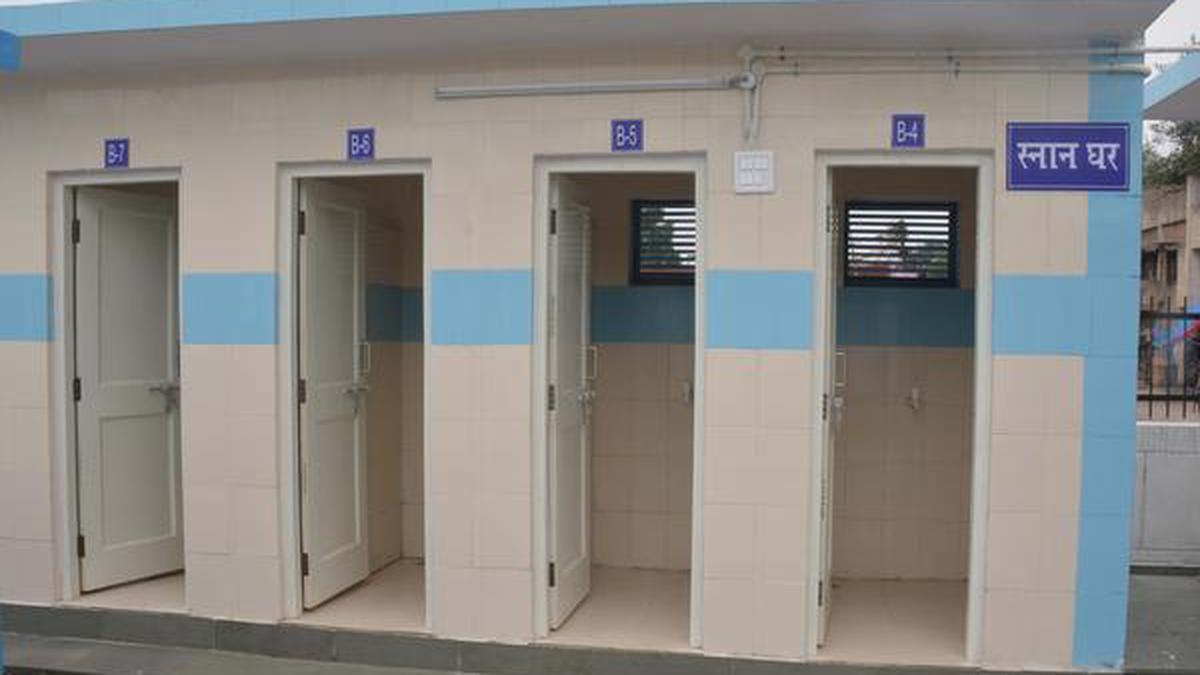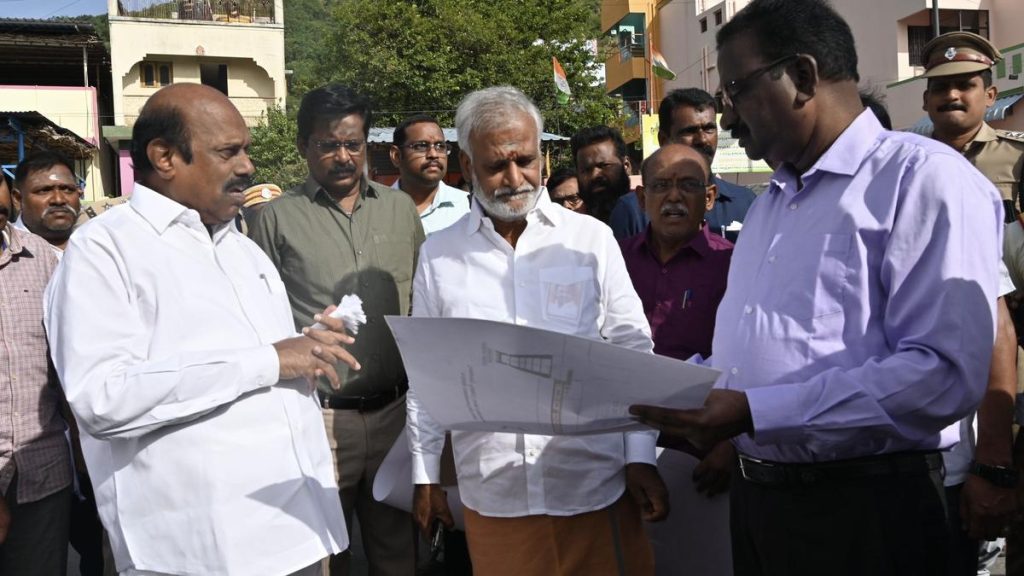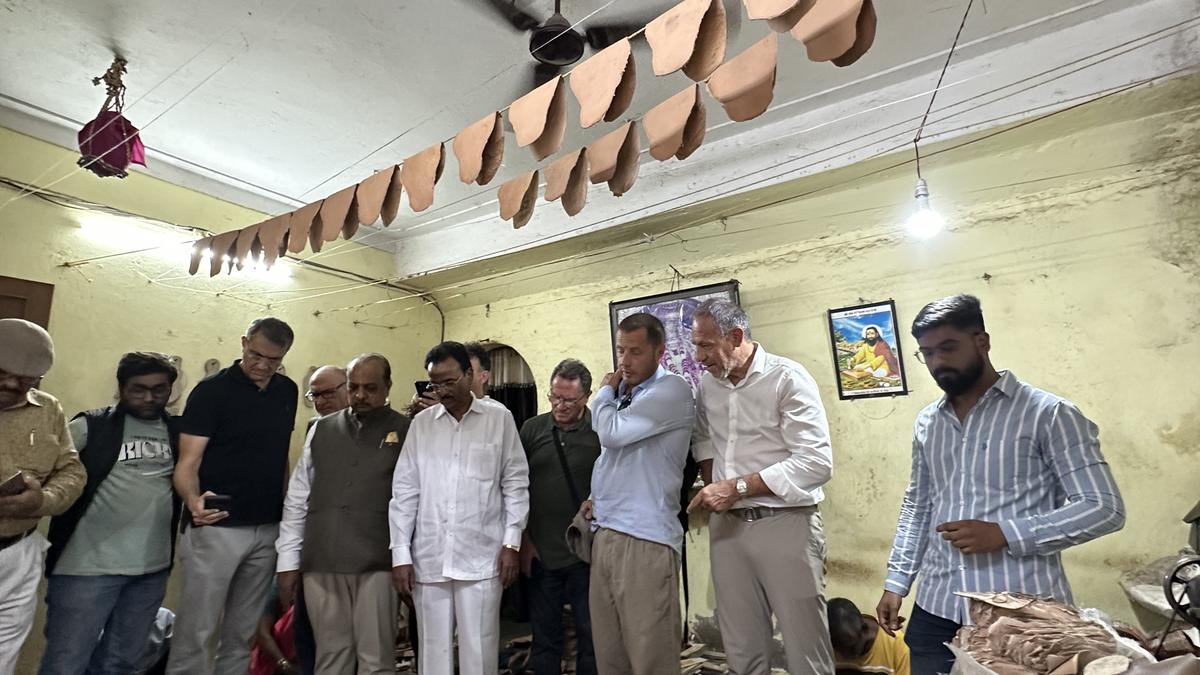Now Reading: Supreme Court Flags High Courts’ Delays in Reporting on Court Toilet Shortages
-
01
Supreme Court Flags High Courts’ Delays in Reporting on Court Toilet Shortages
Supreme Court Flags High Courts’ Delays in Reporting on Court Toilet Shortages

Speedy Summary:
- The Supreme Court of India, on July 16, 2025, expressed disappointment over non-compliance by 20 High Courts in submitting reports regarding toilet facilities in court premises.
- Only five High Courts (jharkhand, Madhya Pradesh, Calcutta, Delhi, and Patna) filed compliance reports as directed earlier.
- As per the January 15 judgment by the Supreme Court:
– Access to sanitation is a fundamental right under Article 21 of the Constitution.
– Directions were issued for providing separate toilet facilities for men, women, persons with disabilities, and transgender individuals in courts and tribunals across India.
– Committees chaired by judges of respective High Courts had to oversee implementation with involvement from state governments/UTs and relevant departments.
– Reports were required within four months after the judgment; non-filing would result in consequences.
- The Supreme court granted a final eight-week extension for compliance. Failure to file reports may lead to personal appearances of registrar generals before the court.
Indian Opinion Analysis:
The Supreme Court’s strong stance underscores its commitment to upholding sanitation as a fundamental right under Article 21. Its January ruling emphasized human dignity through accessible bathroom facilities-a seemingly basic amenity yet impactful step toward inclusivity in public spaces such as courts. However, widespread non-compliance indicates challenges such as administrative inefficiency or prioritization issues within state judicial systems.
By reiterating deadlines with potential consequences for negligence (personal accountability), this initiative reflects deeper efforts toward institutional reform aimed at improving infrastructure. While it is indeed heartening that five High Courts have made progress and submitted reports successfully-a benchmark others can follow-the evident lag poses questions about inter-departmental coordination between judiciary bodies and local governments tasked with executing these plans efficiently.
india stands at an intersection where aligning basic amenities with constitutional ideals could influence perceptions around justice infrastructure positively while addressing longstanding gaps. Moving forward quickly will be critical not just for fulfilling rights but also strengthening faith among stakeholders dependent on public institutions like courts.

























